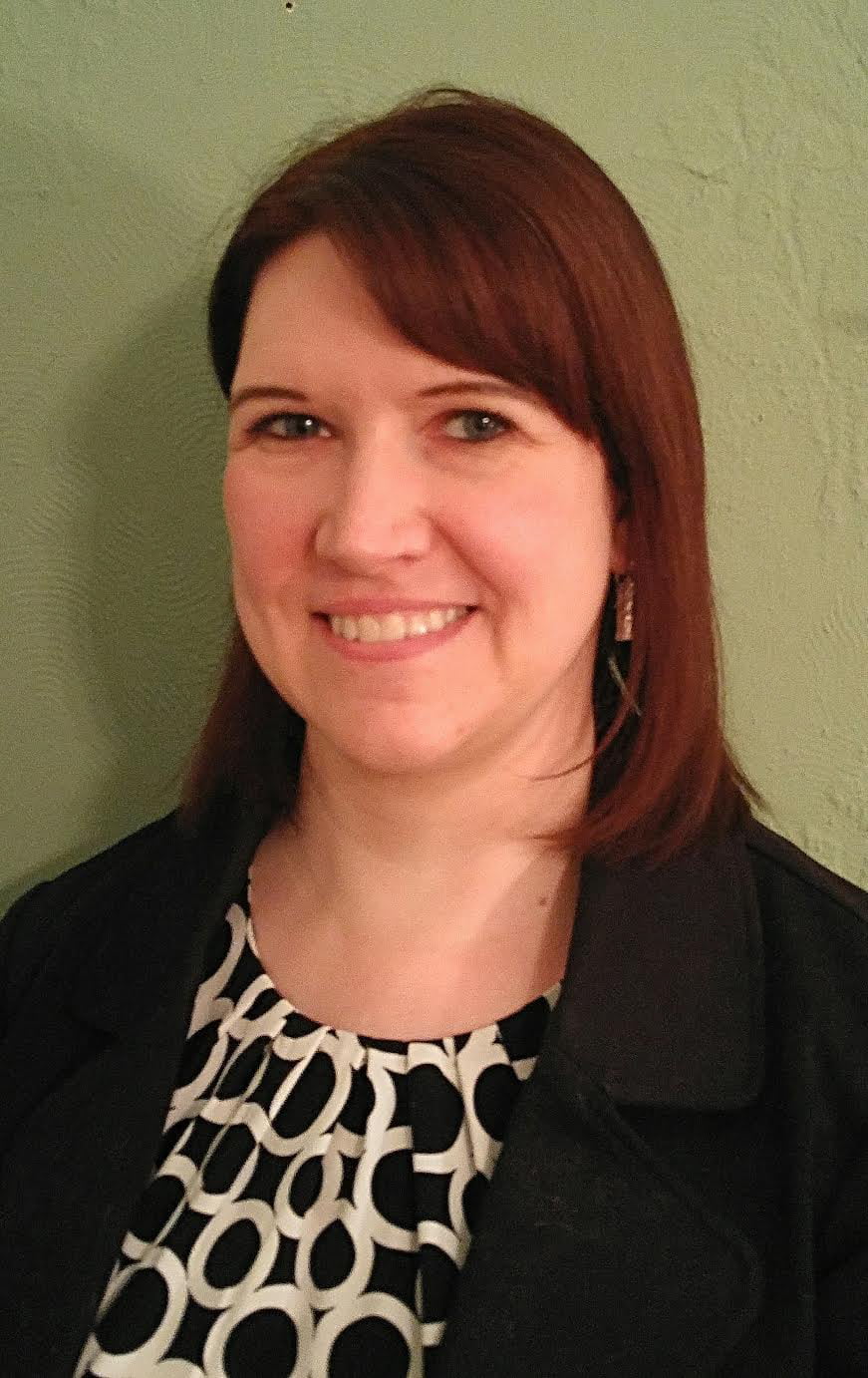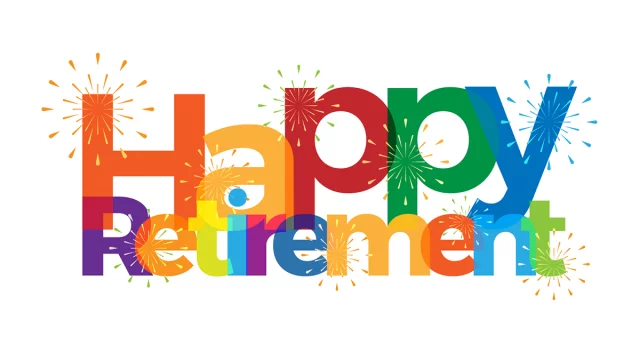
Geriatric Help Eases Family Discord
Family harmony and your parent’s desires are the top priorities during their final years of life – not long-simmering sibling arguments or what you may feel is best for him or her.
That’s why it’s critical for the entire family to gather around parents for caring and gentle conversations before a crisis occurs, such as a medical emergency or sudden cognitive decline.

“These are the kinds of conversations that need to happen while a parent is still able to discuss the options and make their wishes clear,” said Jennifer B. Warkentin, a clinical psychologist specializing in geriatric care.
The Conversation.
Numerous conversations will actually be required to sort out myriad potential needs as a parent continues to age. The issues are both simple and complicated, from contacting Meals on Wheels and installing a shower chair to putting parents’ financial affairs in order, finding a suitable home health aide, and preparing legal documents.
Some parents are eager to have this conversation so they can get things squared away. More often, however, the conversations are tricky, because they make parents uncomfortable with a perceived “role reversal,” said Warkentin, who works primarily with elderly people in skilled nursing facilities in Boston’s western suburbs. She also has clients in independent and assisted living facilities.
Rebellious parents may behave like a teenager, saying, “you can’t tell me what to do,” she said. “It is typically a very difficult conversation to have, because we’re talking about a decline in independence.”
On top of that, gerontologists say, such conversations force some seniors to deal with a scary or emotional topic: death.
Geriatric care managers can help in many ways, including smoothing over sibling disagreements, which can escalate quickly if they wait to deal with issues at the last minute, especially finances. “It’s uncommon for siblings to agree,” Warkentin said – another reason it’s important to start talking with parents about their issues early. Geriatric care managers can foster sibling engagement and then smooth the way to resolving issues the family may strongly disagree on. This will reassure a parent that their immediate family will be there to fully support and assist them with anything they might need.
Parents often write their own wills, but siblings may have to manage the money when parents decline. There can be disagreements over how to do it and which sibling will take charge.
Another issue is long-term care for elderly people who can no longer take care of themselves. This requires planning, rather than scrambling when help is urgently needed. Where will dad go? How will this be paid for? Talk to a parent early to find out what they want.
Medicaid is a big funding issue. The federal-state program funds long-term care when elderly people use up all of their money. Medicaid has a “look-back” provision for people seeking funding, and the application process includes an assessment of whether any assets were transferred from parent to adult child that could have instead been used to pay for the care.
Long-term care is very expensive. Like it or not, attorneys sometimes advise that ownership of a parent’s home be transferred so they run out of resources more quickly, qualifying them for Medicaid assistance. A transfer preserves the asset but winds up costing Medicaid more, so Medicaid charges steep penalties if the transfer occurred less than five years ago.
It’s important to get elder law or elder care attorneys involved early to prepare required documents, such as a power of attorney and living will. Financial advisers can help short out complex financial matters. Warkentin also suggests seeking out a financial adviser for siblings concerned their parents will be victimized by fraud.
“Get your ducks in a row,” she said. “There are great people who do this work, and the more we can educate people about the importance of planning ahead, the better off everyone is.”
How to find a geriatric care manager.
Local elder care or trust attorneys are good sources of information and referrals to geriatric care managers.
The profession’s non-profit association, the Aging Life Care Association, also provides searchable listings of care managers.
Squared Away writer Kim Blanton invites you to follow us on Twitter @SquaredAwayBC. To stay current on our blog, please join our free email list. You’ll receive just one email each week – with links to the two new posts for that week – when you sign up here.
Comments are closed.







Planning ahead is definitely the way to go. Reduce stress, save the family some money, and let the parents make their own decisions while they still can.
Asset transfers are a very important consideration with aging parents. Long-term care costs can indeed be very draining financially. Long-term care insurance policies may also be considered.
In 2016 when our 96-year old mother was in her final few months, I could see the value of bringing in a geriatric care manager to inform us of various senior options we had available but might not have known about or considered.
Though the five of us adult “kids” were pretty much in synch and didn’t have the discord or sibling arguments this article mentions, I don’t think bringing in a 3rd party (such as a geriatric care manager) could have smoothed over any sibling disagreements, or fostered sibling engagement…
I think we would have considered it – and I know that I certainly would have considered it – interference by an outside party into internal family affairs.
For recommendations, yes; as an arbiter, no. Unless there was some legally binding authority, there would’ve been much pushback.
“Numerous conversations will actually be required to sort out myriad potential needs as a parent continues to age.”
Why single out the parent as the only one aging? We all age every day, whether we are age one or ninety-one.
Greater than 50 percent of caregivers have no choice in becoming a caretaker. This lack of selection adds to stress, anxiety, and physical pressure, as well as inadequate wellness results for the caretaker.